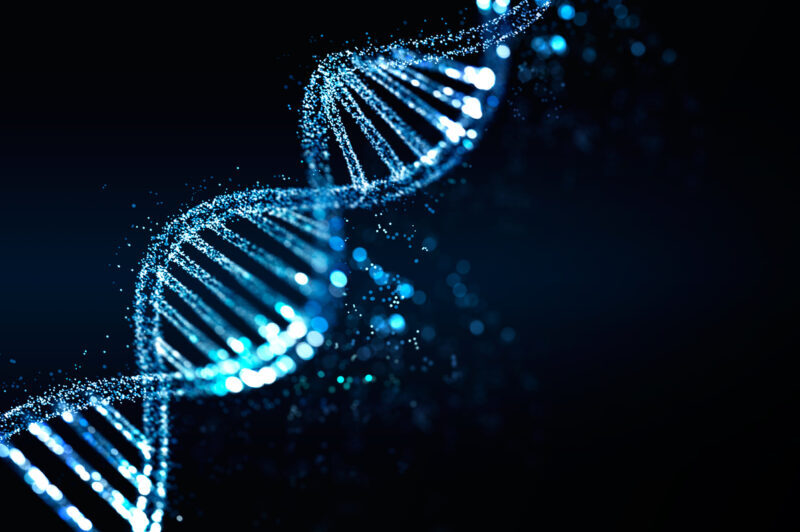How Do Genes Work in the Human Body?
Genes are basically in control of how the human body functions. Genes are responsible for producing the proteins that run everything in our bodies. Some proteins are visible, such as the ones that compose our hair and skin. Others work out of sight, coordinating our basic biological functions.
You receive one gene from each parent (one from the egg and one from the sperm). Once you receive a pair of genes, they divide and copy themselves until your body has enough, approximately 20,000 to 25,000 genes. Most genes copy themselves accurately, but sometimes an error occurs during cell division and a gene mutation is the result.
Gene mutations may not affect the way your body works, but sometimes a gene mutation means that your body cannot function normally, it just depends on what the gene that has mutated is coded for. For example, a gene mutation in the MTHFR gene, the most common type of mutation, may result in brain fog, anxiety, depression, weight gain, high blood pressure, and many other various symptoms.
What Behaviors or Lifestyle Choices Can Change Gene Function?
Diet: While what you eat will not change your DNA, your diet can affect your gene function by turning on or off certain genetic markers which play a major role in your health outcomes. For example, a diet high in sugar can negatively affect not only your waistline but also alter genetic function. Regularly consuming high amounts of sugary foods can lead to insulin resistance which can turn off the way certain genes function resulting in the development of metabolic disorders, like diabetes.
Exercise: We all know that exercise and physical activity is good for our health, but did you know it’s good for our DNA? Your genes are the building blocks of your DNA, and exercise positively changes key genes in skeletal muscle. This means that exercise turns on genes that benefit your overall well-being.
Smoking: Smoking is one of the worst things you can do for your overall wellness, but it’s so bad that it can actually change more than 7,000 genes in your body. Many of the genes it affects have connections to heart disease and cancers.
Sleep: Your sleep patterns can affect the way you feel, but they can also affect the way your genes function. A small study appearing in PNAS, The Proceedings of the National Academy of Sciences, showed that inadequate sleep affects the activity of over 700 of our genes. These included genes that are linked to controlling inflammation, immunity, and the response to stress.
Alcohol: Alcohol abuse can affect the function of genes in many ways. It can lead to liver damage, disrupt DNA methylation patterns, and alter the body’s ability to process nutrients, all of which can negatively affect gene function over time.
Many choices you can control affect the way your genes function, and in turn, how your body responds. Selecting healthy options in your diet, exercising, getting enough sleep, not smoking, and not overconsuming alcohol are all manageable ways to ensure that your genes are functioning properly and not being negatively altered over time.
What Environmental Factors Can Change Gene Function?
We all affect the environment we live in, but the environment also affects how we live. Our bodies, and the way our genes function, are affected by a number of external environmental factors.
Pollution: Air pollution has numerous harmful effects on health and contributes to the development and morbidity of cardiovascular disease, metabolic disorders, and a number of lung pathologies, including asthma. Emerging data indicates that air pollution exposure can alter gene function which might in turn influence inflammation and disease development.
Stress: Living in a stressful environment can be mentally draining, but it can also negatively affect gene function. Exposure to stress can modify your methylation cycle, which may alter gene function and therefore contribute to disease.
—
So, Do Genes Change?
Like our bodies, some genes and their functions can change over time. The genes associated with methylation, however, don’t typically change over the course of a person’s life which is why it’s not necessary to test these more than once.
Interested in learning more about your genes and how they directly affect your well-being? Reach out to us at 10X Health for all the info, or purchase your at-home genetic test today!
